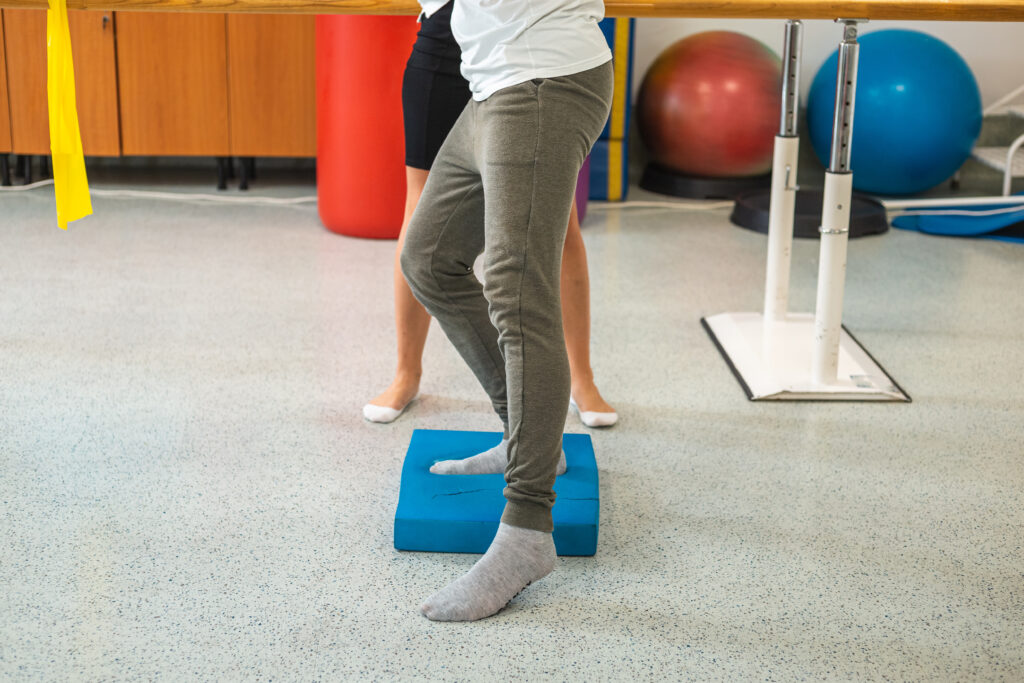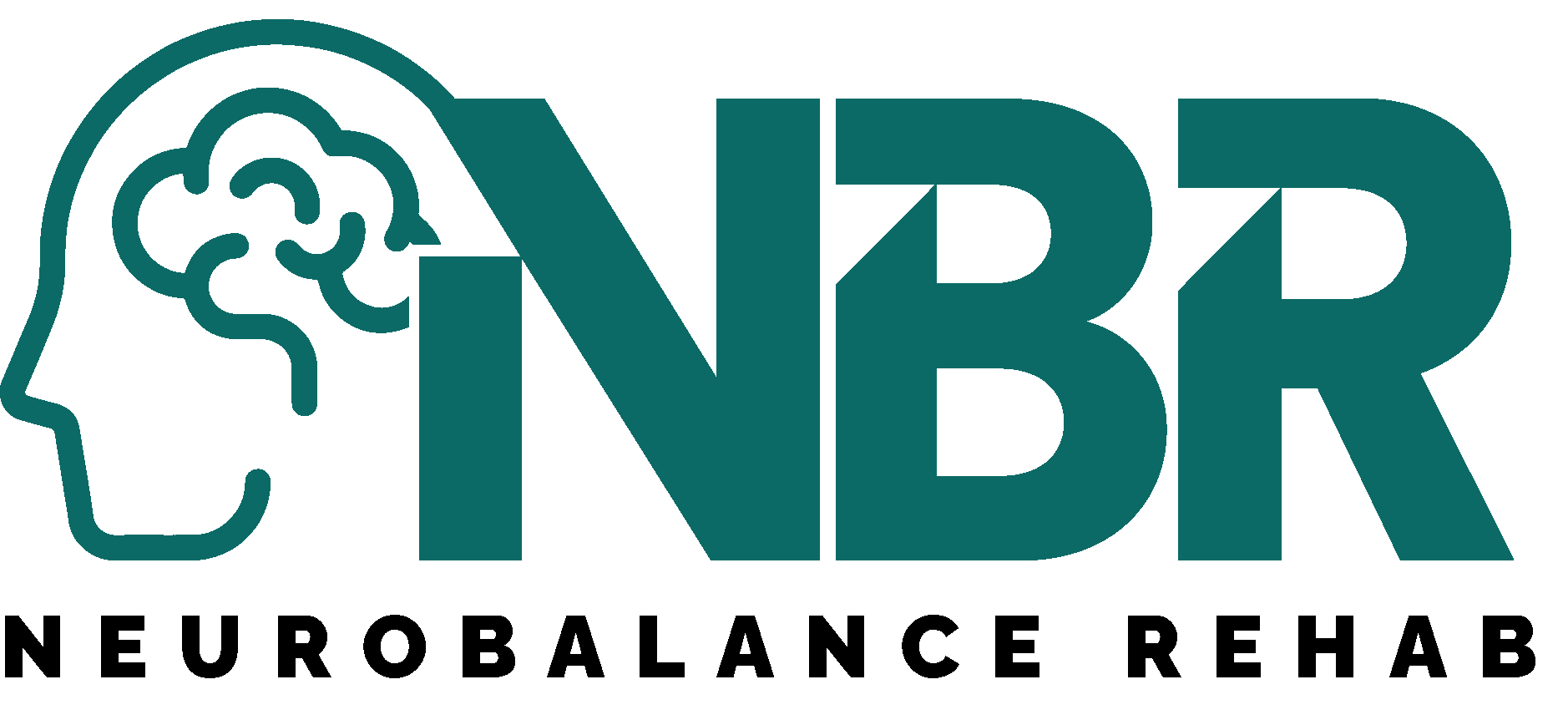As a San Tan Neuro PT, I leverage my background at an inpatient rehabilitation facility to provide insight into questions to ask your therapist before leaving the hospital or inpatient rehabilitation facility.
You may now have a new neurologic diagnosis and you may be unsure how or if you will be able to return to your previous activity levels. When leaving the hospital, you will likely need to continue therapy to assist you in improving. Your therapy team will typically recommend one of three options based on your needs while in the hospital. First, discharge to home with either home health services or outpatient physical therapy. Second, they might suggest admission to an inpatient rehabilitation facility, where you would undergo three hours of therapy per day. Or third, if you cannot tolerate such intensive therapy they may advise placement in a Skilled Nursing Facility. The questions below will help you or your loved one prepare for the transition.
5 essential questions to ask your therapy and medical team before discharging from the hospital or rehab facility:
1. Why are you making the recommendation you are making and what will my therapy look like going forward?
In each therapy setting, the intensity and frequency of therapy vary, tailored to your needs. Understanding the types of therapy provided in your new facility or upon returning home is crucial. Each setting has distinct goals:
- In an inpatient rehabilitation facility, the aim is to safely transition you home with support from family members.
- At a skilled nursing facility, the goal is to prepare you for home or a higher level of therapy, allowing you to transition to an inpatient rehabilitation facility if necessary.
- Home health services concentrate on enhancing your mobility within the home environment, ultimately facilitating your engagement in community activities.
- Outpatient therapy endeavors to restore you to your previous functional level or assist you in adapting to maintain a fulfilling lifestyle.
Depending on what setting your therapy team recommends you will have a different path forward to reaching your goals. You may start at one level of therapy and then graduate to another level. Ask for clarification on their recommendation which will provide valuable insight into realistic goals for yourself or your loved one.
2. Can you provide information on community-based rehabilitation programs, or outpatient services that may complement my recovery at home?
Whatever your diagnosis, prognosis or condition, there are many great community programs and support groups you can get involved with. For example, there are community exercise classes specifically for people with Parkinson’s Disease that your therapists can recommend. Ask for resources in your area to make your transition home even better.
It is also beneficial to ask about other therapies including occupational therapy, speech therapy, and recreational therapy to see if they can help in your treatment.
If you are in the San Tan Valley, AZ area, NeuroBalance Rehab is a mobile, outpatient, Neuro PT clinic designed to bring physical therapy services directly to your home. Our focus is to help you build your network and give you resources to aid in your recovery even when out of therapy.
3. How can I modify my home environment to make it safer and more conducive to my recovery?
Your therapy team can provide valuable insights into adjustments you can make in your home to facilitate your recovery in this next phase. Some facilities provide home assessments with personalized recommendations tailored to your situation. If you’re feeling anxious about returning home I highly recommend requesting one.
These may include suggestions such as removing rugs, guidance on the placement of grab bars in the bathroom, and much more. If you or your loved one now use a wheelchair, they may identify tight corners or doorways and can help troubleshoot solutions like removing doors to widen doorways. Surprisingly, they may suggest the use of your tub shower instead of your walk-in shower, with the right equipment it can be safer and easier than you might guess. Your therapy team can ensure that any equipment recommendations are suitable for both you and your living space.
Seeking an expert opinion, when available, is always beneficial.
4. Can you provide me with written instructions or a home exercise program to follow?
Sometimes there can be a lag time between leaving one facility and starting at the next one. This is especially true if you are leaving the hospital or another facility and transitioning to outpatient therapy care. No harm in asking what you can be working on in the meantime!
5. What goals should I continue to focus on to get the improvement I want?
Understanding functional areas that need improvement will help you focus on improving in these areas with your next therapist. When recommending home health for a patient, I often suggest setting goals like car transfers or getting in and out of bed. For those transitioning home with outpatient therapy, I advise asking your outpatient therapist to help you practice how to get up in case of a fall to regain independence. Although you may have specific goals in mind, your therapist can identify the functional goals crucial for your progress before you start your next level of therapy.
Final Thoughts from a San Tan Neuro PT:
The above questions will make it easier to transition from one level of care to the next. Don’t hesitate to ask any other questions to address your concerns. While the journey ahead may be long and tough, remember that you can do this. Find and build the tools and resources you need to live life to the fullest.
Check out our Services page to see what services we offer or Contact Us if you are ready for us to visit you! Also, check out our Instagram page for more tips and information!

